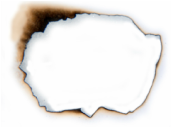|
Word Of The Month: Vernacular!
This is the tagline from a roadside advertisement. A local diner boasts: “Where good food originates!” Know what I love about this tagline? The same thing I love about the word “vernacular.” No customer will ever use those words. Never. "Vernacular" is a fancy word for the idea of, “How folks say it round these parts.” The only person I can remember ever using the word “vernacular” was one of my college professors. It was part of his personal brand. He was a little, bald, German man who wore tinted glasses and stank of chocolate pipe tobacco. In his delightful, heavily accented English, he loved to condescend to the lowest of his low-level students for whom who was dumbing down the simplest possible course material. During the course of said condescension, one of his favorite phrases was always uttered with ex-cep-tion-ally pre-cise dic-tion: “As we like to say in the vernacular…” Somewhat later, he was indicted for fraud. But I digress. In advertising, "employing vernacular" is a fancy way of saying, “Speak in the language of your customer.” A roadside diner saying, “Where good food originates!” is like Motel 6 saying, “We illuminate your accommodations!” That tagline was probably written by the owner of the diner or someone near him. This person was probably thinking, “How do I make this thing sound clever?” “I know! We can say that this hole-in-the-wall joint in this tiny town in this cozy corner of Appalachia is where good food originates! Done! Phew! Let’s go get us some griddle cakes!” Line up the competition along the highway and decide for yourself. “America’s diner.” “I’m lovin’ it.” “Be your way.” “Where good food originates!” Nope. Fail. Doing something even slightly better doesn’t require deep thought. Let’s assume we can’t come up with a qualifier more evocative than “Good food.” The client says, "That's what people know us for!" It's non-negotiable. How about saying, “Good food for happy travels.” “Good food, fast and friendly.” “Good food for going down the highway.” “Good food that gets you back on the road.” “Good food for getting where you’re going.” In less than a minute, that’s five possible alternatives. None of them are brilliant. But all of them are (yes) vernacular. That means (ahem) speaking to the customer as the customer would speak. Once upon a time, Honey and I were in one of our favorite small towns in the American south. It’s a simple place from a different time. There was a new restaurant in town, a fancy Italian joint with foodie pretenses. We were talking to a local lawyer friend about this new restaurant. We asked him how he liked it. As he took a tipple from his adult beverage, he said in his inimitable southern drawl, “I believe they are firing over the heads of their customers.” “Vernacular” is a word that fires over the head of the customer. “How we speak” might be on the nose, but it’s clear and it leaves the light on for you. If ya know what I mean. Cheers, Blaine Parker Your Lean, Mean Creative Director in Park City LIGHTNING BRANDING ON AMAZON The Kindle edition of our new book is now available at Amazon for the bargain price of $19.95. For details about our new Lightning Branding courses, both do-it-yourself and we-do-it-with-you editions, click here. (There's even a video of us!)
0 Comments
King of the crumbling road!
In celebration of President Joe Biden’s The American Jobs Plan, a multi-trillion-dollar initiative to restore the nation’s self-esteem through gigantic infrastructure blender drinks, the Fabulous Honey Parker and yours truly are utilizing the original national infrastructure project that helped Make America Great In The First Place. (MAGIFP! Put that on a hat!) We are grateful that this antique infrastructure project has not collapsed enormous Appalachian mountains upon us upon us nor dumped into the mighty Mississippi River. Honey and I are driving cross country on the Dwight D. Eisenhower National System of Interstate and Defense Highways. You may know that system by its more prosaic name, the Interstate Highway system. Or, as the kids call it... That crumbling stretch of road to nowhere flanked by endless cornfields. One of the great things about the Dwight D. Eisenhower National System of Interstate and Defense Highways is the examples of advertising genius that it offers us. Billboards, billboards, billboards! The only thing more plentiful than billboards is corn stalks! Advertising greats like Howard Gossage and David Ogilvy were notorious for their hatred of billboards. Yet billboards remain, a scourge, a pox, a blight upon the nation’s countryside. So let’s make the best of them and see what genius they have to offer us. For us, today, it is this tagline that came from a billboard in Somewhere, Ohio. Ready? “We’re good at what we do!” I’d love to tell you what that’s a tagline for. But I can’t. I don’t remember. Neither does Honey. What we do remember is reading it, having a great laugh, and then applying it to every possible advertising campaign we could think of. McDonald’s. “We’re good at what we do!” Ford Trucks. “We’re good at what we do!” Legal Zoom. “We’re good at what we do!” Pampers. “We’re good at what we do!” Though, in fairness, maybe the latter should be, “We’re good for what babies doo!” And this tagline has replaced (at least for the moment) our other favorite, all-purpose tagline, to wit... “It doesn’t smell like urine!” That’s the punchline to a long story of advertising from a long time ago in a land far, far away. Yet, it still resonates for us and periodically makes us laugh because we often exhibit the same, sophisticated sense of humor as adolescent children hopped up on Pop-Rocks and Coca-Cola. But I digress. That notwithstanding, roadside advertising lesson of the day is… If your tagline is so generic that it can easily be applied to any business, it’s not a tagline. McDonald’s. “We’ll leave the light on for you.” Ford Trucks. “We’ll leave the light on for you.” Legal Zoom. “We’ll leave the light on for you.” Pampers. “We’ll leave the light on for you.” Doesn’t work on any of ‘em, does it? But when you apply it to a chain of budget motels with a folksy demeanor, things change. And suddenly, you feel better about that cheap motel. Here’s to feeling better about your advertising and infrastructure and national self-worth in the wake of Easter Sunday. More roadside advertising glee to come… Cheers, Blaine Parker Your Lean, Mean Creative Director in Park City LIGHTNING BRANDING ON AMAZON The Kindle edition of our new book is now available at Amazon for the bargain price of $19.95. For details about our new Lightning Branding courses, both do-it-yourself and we-do-it-with-you editions, click here. (There's even a video of us!) 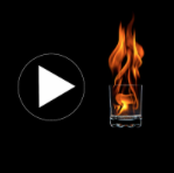 ...or listen to I in the author's own voice. ...or listen to I in the author's own voice. Indeed, it truly does. But if you are not a lover of words and an inveterate reader of bad advertising, you may not realize it. If you're following our current adventures at all, you know that we are cruising America in the Slow Burn Marketing Brand Response Unit. And driving the Interstate highway system means you confront an advertising medium abhorred by advertising greats such as David Ogilvy and Howard Gossage. We are speaking, of course, of the Great American Billboard. A BLIGHT UPON THE LANDSCAPE! Or so such people would have us believe. For us, however, we are not here to judge. The attack of the billboards long predates any influence we could have had upon its spread across the land. Now, we just use the billboard for our amusement. And after seeing literally hundreds of them over the last several weeks, we have a new favorite. It has entered the lexicon of Slow Burn Marketing in a way not seen since our favorite all-purpose tagline. DO YOU REMEMBER THAT ONE? If you weren't here then, or you've simply lost those brain cells, it came from an advertisement for a nursing home. Written by one of our favorite people in radio as a desirable feature (and done in all seriousness), we have adopted it as a catchall for situations where you're stuck for a good phrase. For example, let's say you're writing a new ad for the Ford F-150 Raptor edition pickup truck. Understand, this is no mere mortal pickup truck. This is a lean, mean beast of a pickup truck with a monster engine and high-performance suspension and even off-road racing capability should you desire it. So, you're writing an ad for the Ford F-150 Raptor and you've hit the wall. You don't know what else to write. FALL BACK ON THE ALL-PURPOSE TAGLINE FROM THE NURSING HOME "New! The Ford F-150 Raptor! It doesn't smell like urine!" Really, how do you argue that? It's absolute truth in advertising in every way imaginable. After purchase, nobody can guarantee that feature. It all depends on who's with you and how you drive the thing. But brand new, smells like the showroom floor fresh, the Ford F-150 Raptor doesn't smell like urine. And guaranteed, it's a line that would get people talking. Think of your own business. Chances are 99 and 44/100ths percent guaranteed that unless it works for your business--unless you have a diaper service. And even then, "It doesn't smell like urine" is actually the result of the service. So there ya go. HOWEVER, THE DAY HAS COME After more than a decade of trotting out that old chestnut, we have retired it for a phrase adopted from a billboard in the heartland. The establishment that has erected the billboards has chosen an eye-catching color scheme of yellow on black. And the headline on the billboard is: "ONE WORD: STRIPPERS." Subhead: "NEED WE SAY MORE?" Perfect! Until it isn't. Because after that simple and final thought, the billboard has another dozen words of copy. It's an entire list of features the club offers--including truck parking. APPARENTLY, "NEED WE SAY MORE?" IS NOT A RHETORICAL QUESTION Because, yes, they indeed do need to say more. So, in the spirit of words not mattering and overwriting the copy long beyond what should be necessary, and creating run-on sentences (which didn't happen with the billboard but is another great tradition of unskilled copywriting by people thinking words matter too much to exercise efficiency or judicious thought), we now gently move aside "It doesn't smell like urine" to give it a break. Need we say more? We have found all kinds of immediate uses for our new catchall tagline. Ford F-150 Raptor! Need we say more? Well, probably. BUT WHO CARES?! Need we say more? Of course we do! And we're gonna! Xfinity! Need we say more? Got milk? Need we say more? Old Spice! I'm on a horse. Need we say more? Dos Equis! Need we say more? Burger King! Need we say more? Nike! Need we say more? HECK, WE'RE DITCHING OUR OWN TAGLINE! My what a big brand you have, out! In: Slow Burn Marketing! Need we say more? It's so devoid of meaning, it works anywhere! But really, you know what the best thing about this line is? It's an all-purpose ad copywriting litmus test. Because if you can use the line, chances are pretty good the answer is: Yes, you do need to say more. ONE OF THE BIGGEST PROBLEMS IN SMALL-BUSINESS ADVERTISING IS UNFINISHED WRITING So much copywriting is never, ever completed. When I was in radio, I would routinely, I would get copy from writers who simply never finished the job. One of the questions I routinely heard from people was, "Why do your commercials sound better than everyone else?" Because I finish the job. Whether you're writing your own advertising, or you have someone writing it for you, always be hypercritical. Always ask, "Is this ad finished? Do we need to say more?" What constitutes more? What makes an ad finished? Maybe that's another screed. Need we say more? As always, Blaine Parker Your Lean, Mean Creative Director in Park City |
AuthorBlaine Parker is prone to ranting about any and all things related to brand. In many ways, he is a professional curmudgeon. While there is no known vaccine for this, the condition is also not contagious. Unless you choose it to be so. Archives
February 2022
Categories
All
|
|
© Copyright 2020 Slow Burn Marketing LLC |
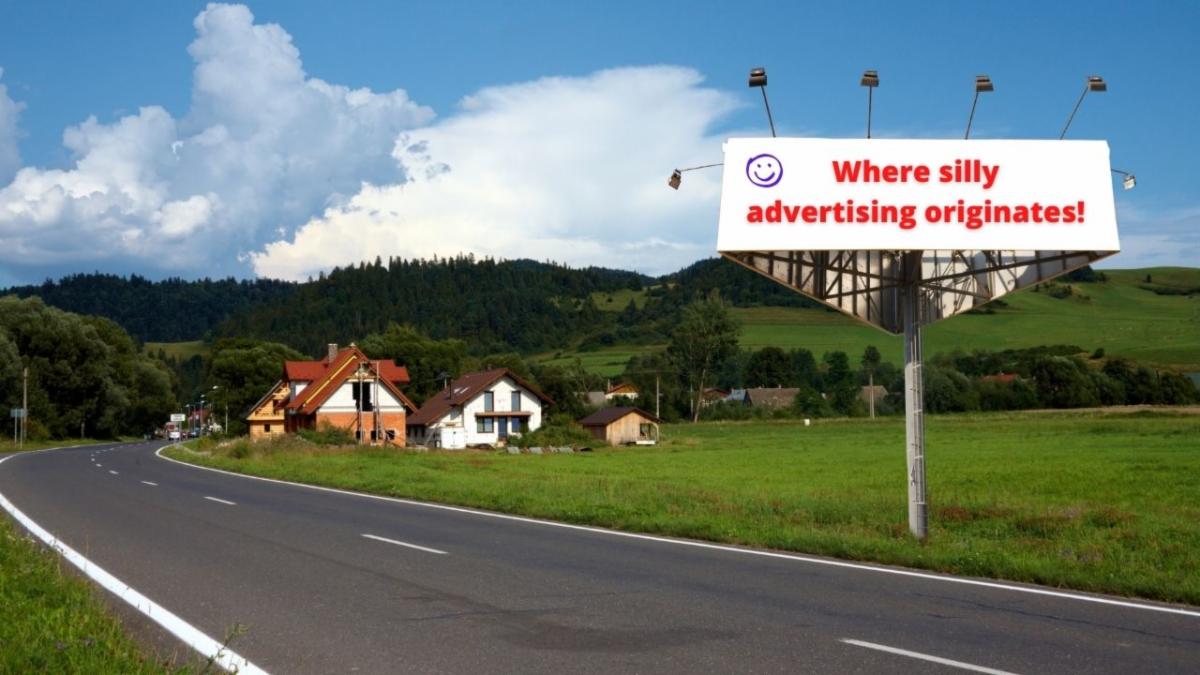
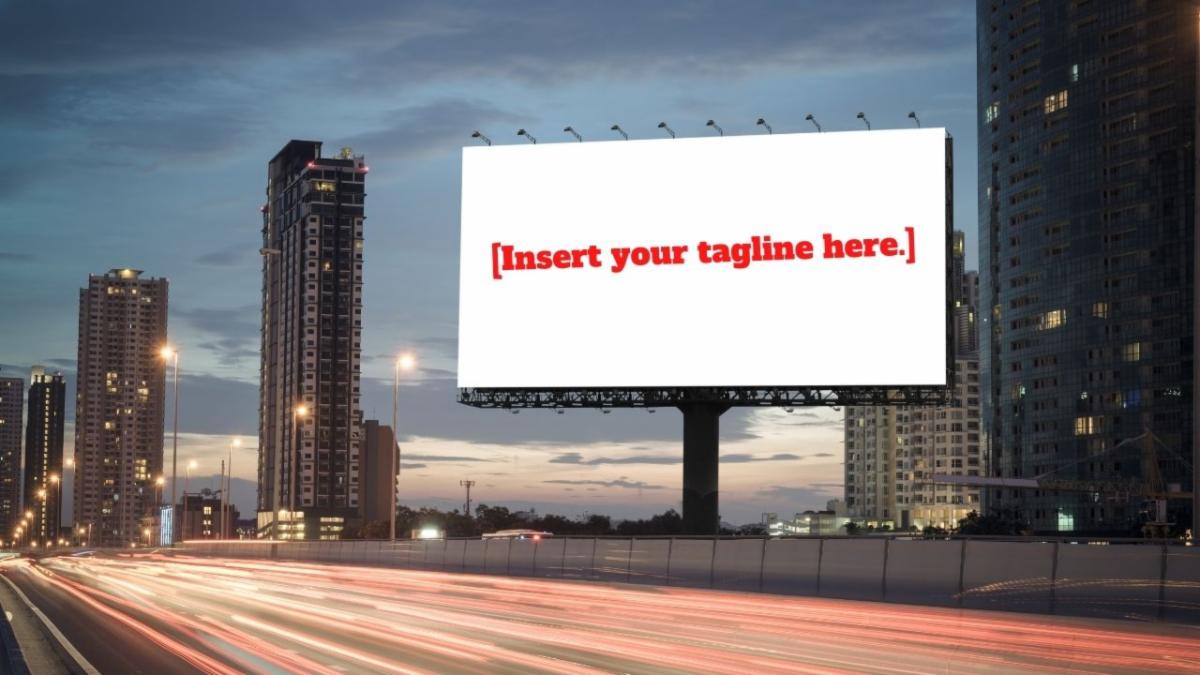
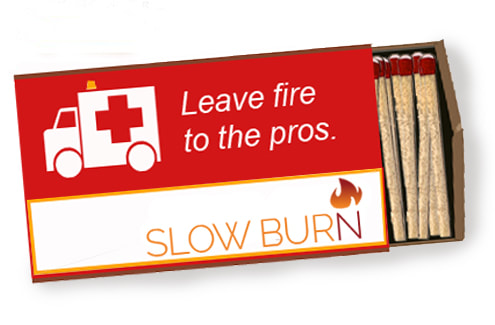
 RSS Feed
RSS Feed

